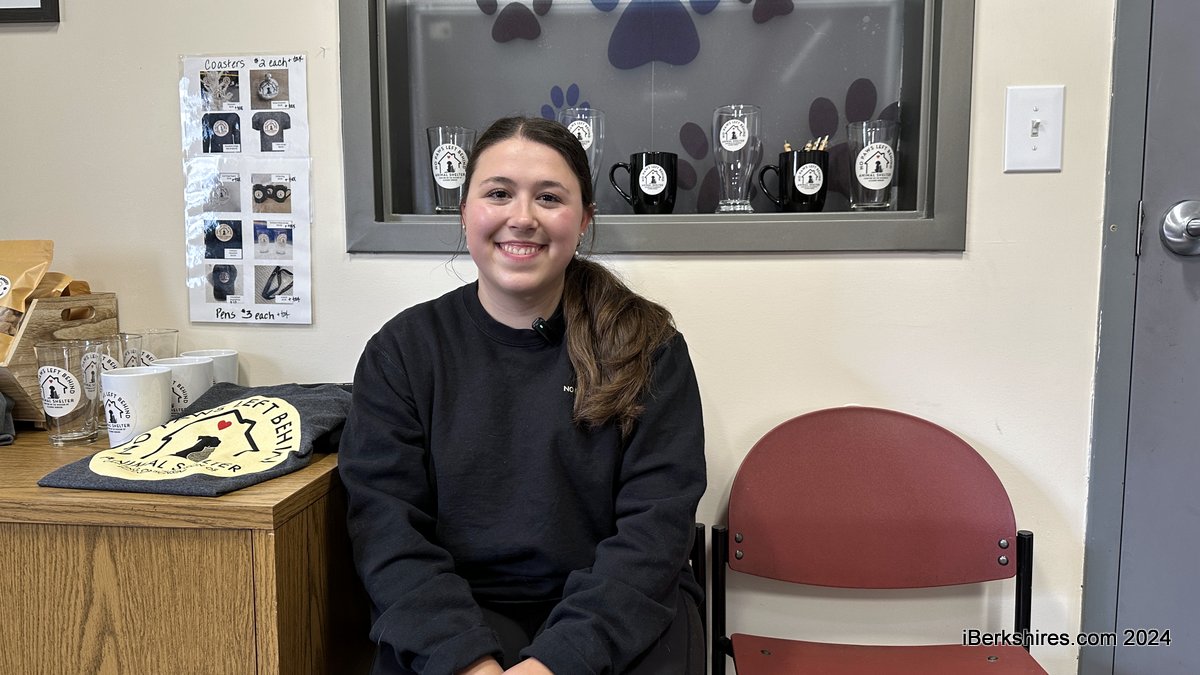Avoid these estate planning mistakes
 |
- Procrastinating – Estate planning, and its implications about our mortality, may not be a pleasant topic to think about. Yet, putting off your estate plans can be risky. If you were to pass away or become incapacitated without doing any estate planning, the results could be costly for your loved ones. One possible consequence: If you haven't at least created a basic, simple will, the courts could decide how to divide and distribute your assets, and they may do so in a way you wouldn't want.
- Not updating wills and other documents – Drafting a will and other legal documents, such as a living trust, is an important step in your estate planning. But you shouldn't just create these arrangements and forget about them. Changes in your life and among your loved ones — deaths, divorce, remarriage, new children and more — may result in the need for you to update your estate plans, so it's a good idea to review them periodically.
- Not updating beneficiaries – Similar to updating your will to reflect changes in your life and family situation, you may also need to update the beneficiaries listed on your financial accounts and insurance policies. These designations carry a lot of weight and can even supersede instructions in your will, so you'll need to make sure they are current and accurate.
- Not properly titling assets in a trust – Depending on your situation, you may benefit from establishing a living trust, which may allow your estate to avoid the time-consuming and expensive process of probate. A living trust also helps give you control over how, and when, you want your assets distributed. However, you need to retitle your assets in the name of the trust for the trust to be effective.
- Not choosing the right executor – An executor carries out your wishes based on the instructions you've given in your will or trust documents. But fulfilling an executor's duties is not as simple as, say, following a recipe for a basic meal. Consequently, while you might just want to pick a close family member as executor, you need to be sure this person is competent, good with details and won't be overwhelmed by the financial and legal issues involved in settling an estate. If your initial choice doesn't have these skills, you may need to find a responsible person outside the family.
- Finally, here's one more mistake: going it alone. Estate planning is not a do-it-yourself activity. To help ensure your estate plan addresses all the issues involved, you'll need to work with a legal advisor, and possibly your tax and financial professionals, too.
















